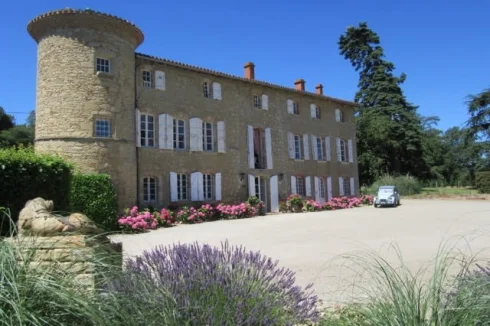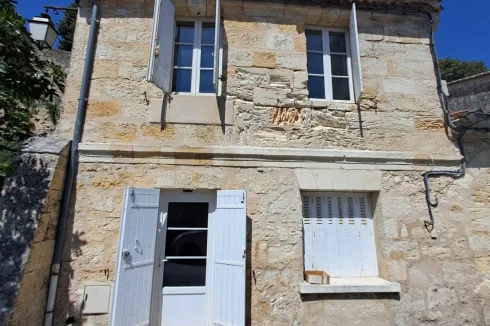Sarkozy Demands Lycée Pupils Learn English
Tuesday 03 November 2009
The reform plan is a watered down version of earlier proposals to ‘completely recast’ the lycée system that was abandoned last year following major street protests from teachers and pupils.
There is no mention this time around of the introduction of a more unified lycée curriculum or the use of semesters, ideas which the protesters believed were aimed at reducing the number of school hours and teaching posts.
The new plan is much more consensual, and largely based on recommendations contained in a report made to the President by the Director of Science Po in Paris, in the aftermath of the strikes and protests.
The main lines of the plan are as follows:
English Language Teaching: All pupils leaving lycée should be at least bilingual, and preferably trilingual, with a proficiency in the English language a particular priority. There are to be additional facilities for language teaching, more use of native speakers, as well as more visits overseas, grouping of pupils by language ability, and changes to the examination process. In 2008 an international survey ranked French students 69th in a list of 109 countries in their level of proficiency of the English language.
Rebalancing of the Streams: The Literature stream of the Baccalaureate is to be changed in order to make it more attractive to pupils and in an effort to try and break the dominance of the Scientific stream. In particular, it will be given a strong international dimension, including more extensive language teaching, with one or two subjects possibly being taught in a foreign language. At the present time only 16% of pupils opt for the Literature stream, which lacks the kudos of the Scientific stream taken by around 40% of Lycée pupils.
More Gradual Specialisation: There is to be a more general Baccalaureate in the first year, to give pupils more time to make up their minds about the subjects they wish to study in their second and third years. There is also to be a ‘right to make a mistake’ by allowing pupils who feel they have wrongly chosen a stream to change to another one in the year or at the start of a new year. This will be facilitated by a more general first year curriculum and additional teaching classes during the school holidays to bring them up to the level of existing pupils.
University Links - The third year will be even more specialist than at present, with stronger links to higher education institutions (notably for science and engineering subjects) and the world of work. Lycée school teachers will be given an opportunity to teach at a university, while more pupils will be granted work experience opportunities, in the same manner as occurs for lower secondary school pupils.
More Pupil Support: Pupils are to be given personalised tutorial support to deal with difficulties they may be facing in coping with their studies. The aim is to reduce the number of pupils obliged to sit their year again (redoublement), which costs around a €1b a year. It is planned of offer this support to second and third years by a reduction in the number of teaching hours per week. Lycée pupils in France have 1036 teaching hours a year, around 10% more than the OECD average.
Culture and Arts: Culture and arts education will be developed further, notably by a more practical orientation through the provision of a multi-media platform in each school, and stronger school and pupil links with local and regional cultural institutions.
The ideas have received a muted welcome from the teaching unions and pupil representatives, who remain to be convinced just how they are going to be implemented against the backdrop of the planned reduction next year of thousands of teaching posts.
They argue that greater flexibility in the curriculum, the introduction of tutorials, more external experiences, and greater emphasis on language teaching will all require additional teaching resources. Many lycée classes already contain 30 or more pupils, too large say the teachers to offer broader, more personalised and flexible education.
The government argues that the reduction in teachers is a response to lower pupil numbers, not a view shared by the teaching unions who believe it is all about cash savings.
More details of the plan are due to be published in December, when we may also find out more about just how it is all to be funded, and the reaction of the teaching unions and pupils will be clearer. No changes are planned until Sepember 2010.
You can read more in our comprehensive guide to French Lycée Education and our guide to Higher Education in France .
Thank you for showing an interest in our News section.
Our News section is no longer being published although our catalogue of articles remains in place.
If you found our News useful, please have a look at France Insider, our subscription based News service with in-depth analysis, or our authoritative Guides to France.
If you require advice and assistance with the purchase of French property and moving to France, then take a look at the France Insider Property Clinic.





